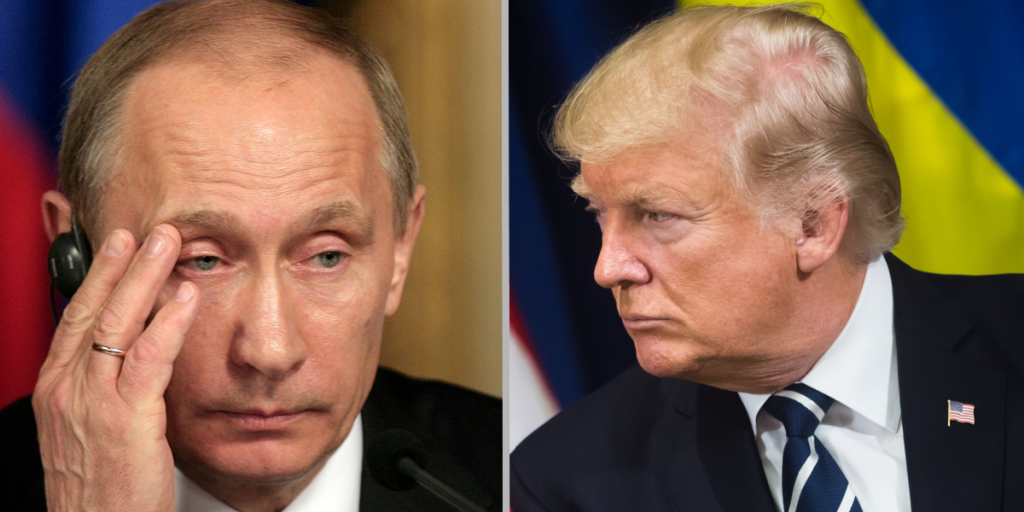The U.S has also asked the other NATO countries to join in sharing intelligence about Russian targets with Ukraine.
Others are reading now
The U.S has also asked the other NATO countries to join in sharing intelligence about Russian targets with Ukraine.
What is happening?

In a notable policy shift, the U.S. will now provide Ukraine with intelligence focused specifically on Russian energy infrastructure.
Officials told Reuters the move aims to help Kyiv better identify strategic targets like refineries, power plants, and pipelines for precision strikes intended to drain the Kremlin’s war chest.
NATO allies asked to join
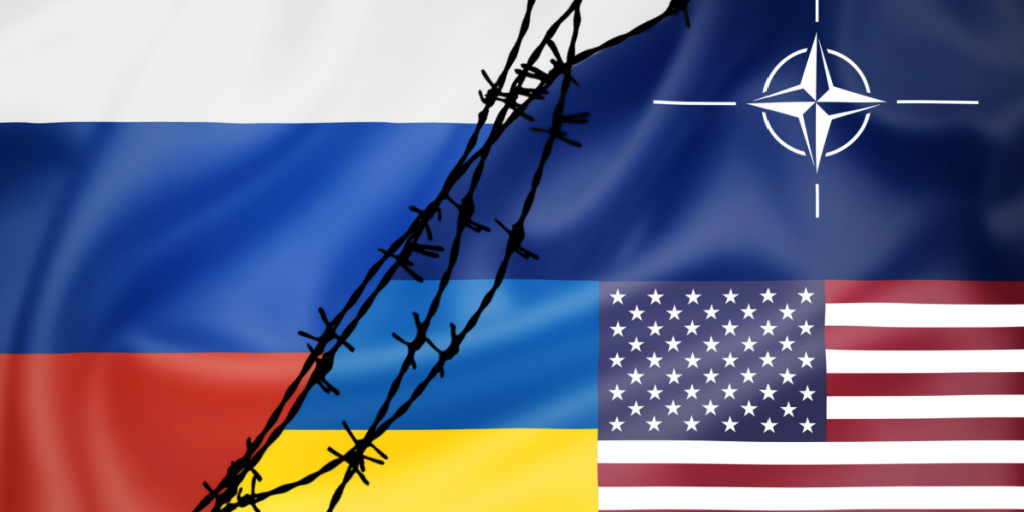
Alongside the intelligence aid, Washington is encouraging NATO allies to contribute similar information.
U.S. officials confirmed this broader push, initially reported by the Wall Street Journal, as part of a unified Western strategy to weaken Russia’s ability to sustain its invasion of Ukraine.
Also read
Trump approves first Ukraine policy shift in months
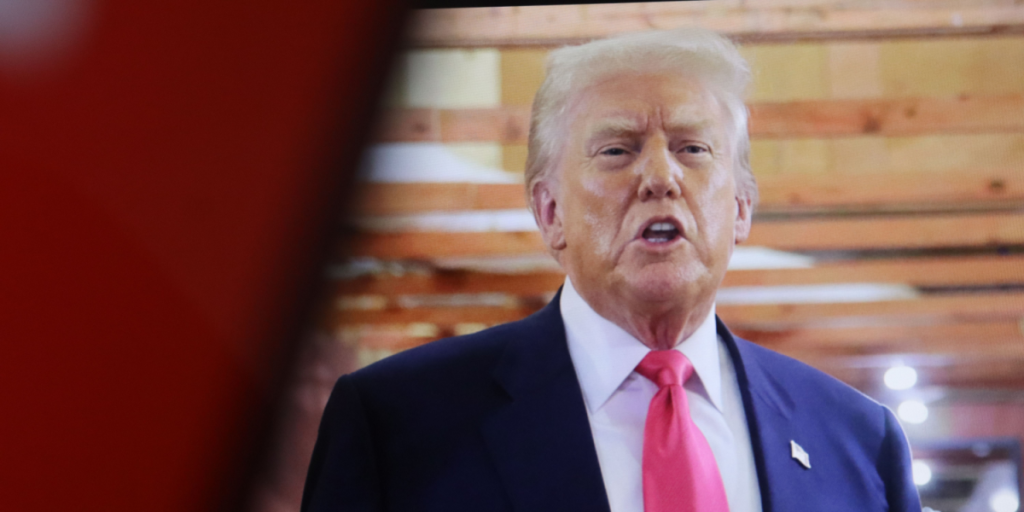
This decision is the first Ukraine-related policy greenlit by U.S. President Donald Trump in recent months.
It comes amid his increasingly hawkish stance on Russia, as he looks for ways to end the war on terms favorable to the West—marking a sharp departure from his earlier ambiguity.
Hit the Kremlin where it hurts
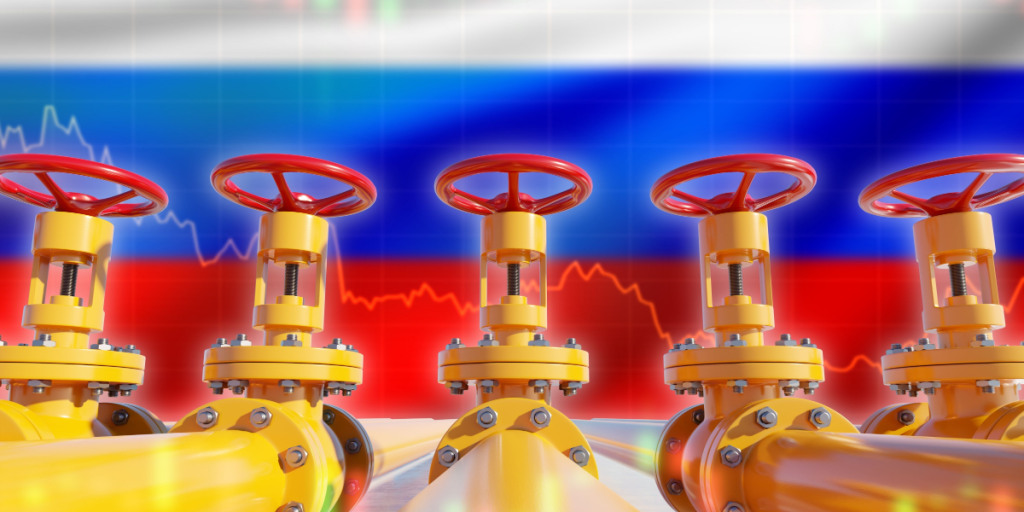
The goal behind the intelligence-sharing effort is clear: deprive Russia of oil and gas revenues, its most critical war funding source.
By helping Ukraine hit these economic lifelines, Washington hopes to sap the Kremlin’s ability to maintain its military operations.
Pressure on Europe to cut Russian oil purchases

Trump has also ramped up pressure on European allies to stop buying Russian oil.
Also read
EU and NATO members Hungary and Slovakia are still buying vast amounts of Russian oil and the two national leaders are known for being Putin’s friends in the EU.
In exchange, he’s promised to push for tougher sanctions on Moscow—tying economic cooperation to a more aggressive crackdown on Kremlin revenue streams.
Trump recounts calling Russia a “paper tiger”
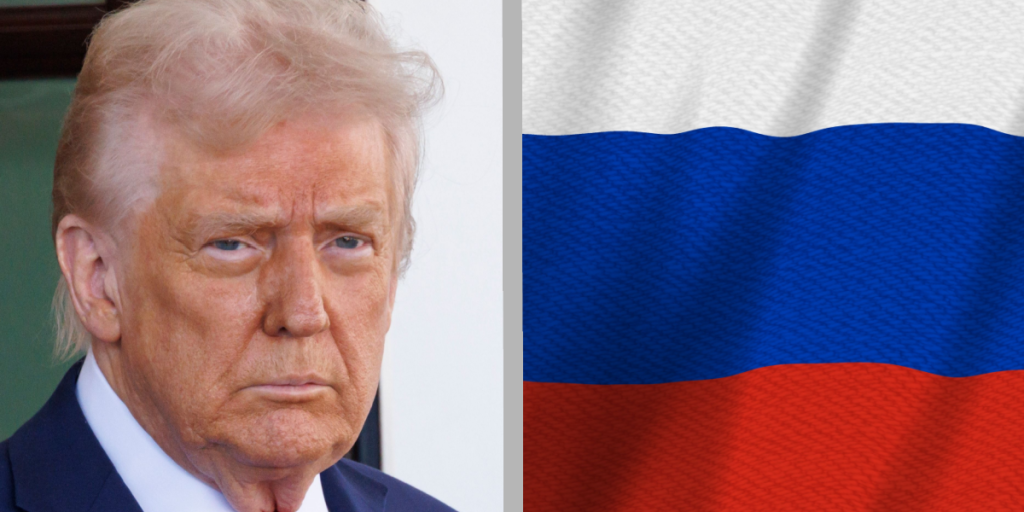
On Tuesday, Trump detailed a recent conversation with Russian President Vladimir Putin, during which he referred to Russia as a “paper tiger.”
The remark, seen as part of Trump’s new hardline stance, drew international attention and added momentum to Ukraine’s case for more Western support.
Tomahawks in the Pipeline
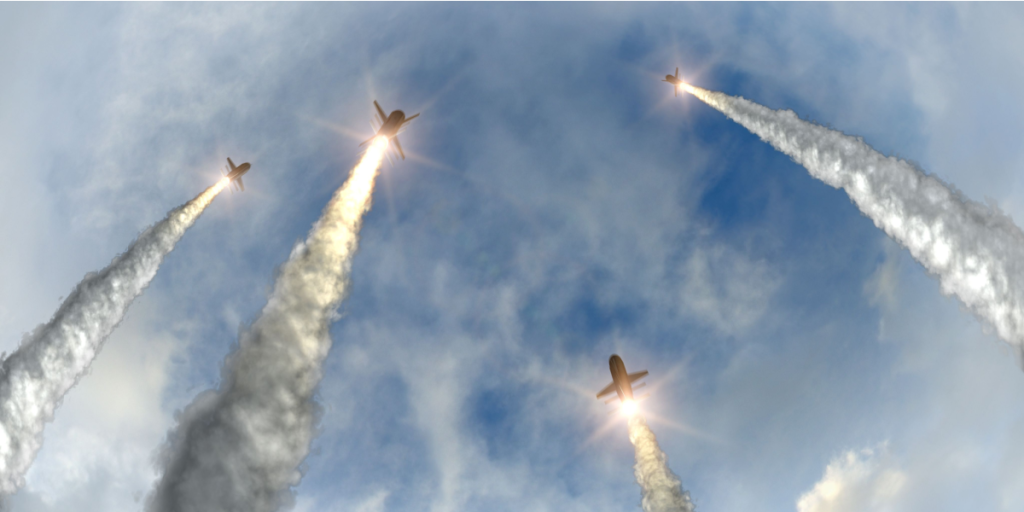
Ukraine has formally requested Tomahawk missiles, which can reach up to 2,500 km—easily placing Moscow and much of western Russia within range.
Also read
U.S. officials say the request is being considered, along with other powerful missile systems like the Barracuda and air-launched alternatives.
Ukraine’s Flamingo missile
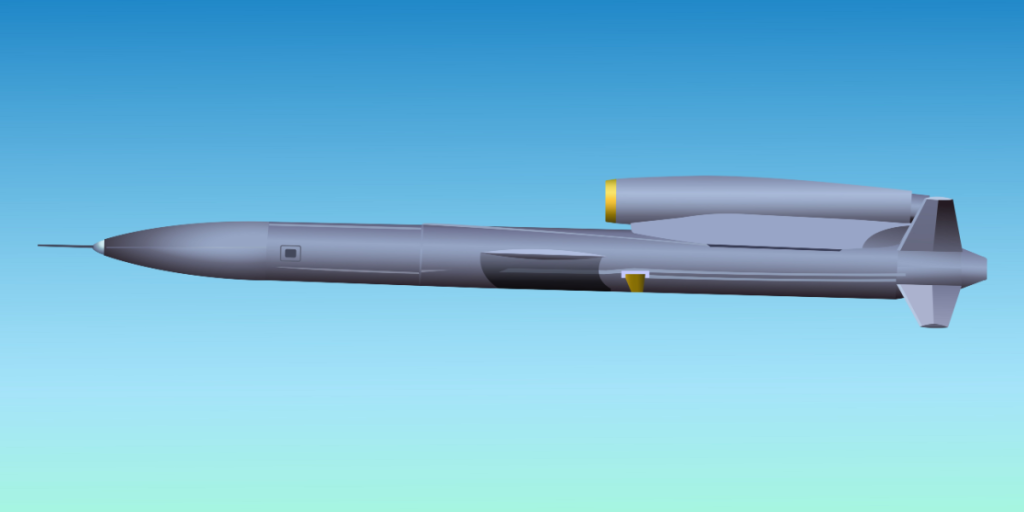
In the meantime, Ukraine has begun producing its own long-range missile, dubbed the Flamingo.
While promising, it’s still in the early stages of development. It’s unclear how many are operational, leaving Ukraine heavily reliant on Western weapons for now.
Higher damage and strain on Russian defenses
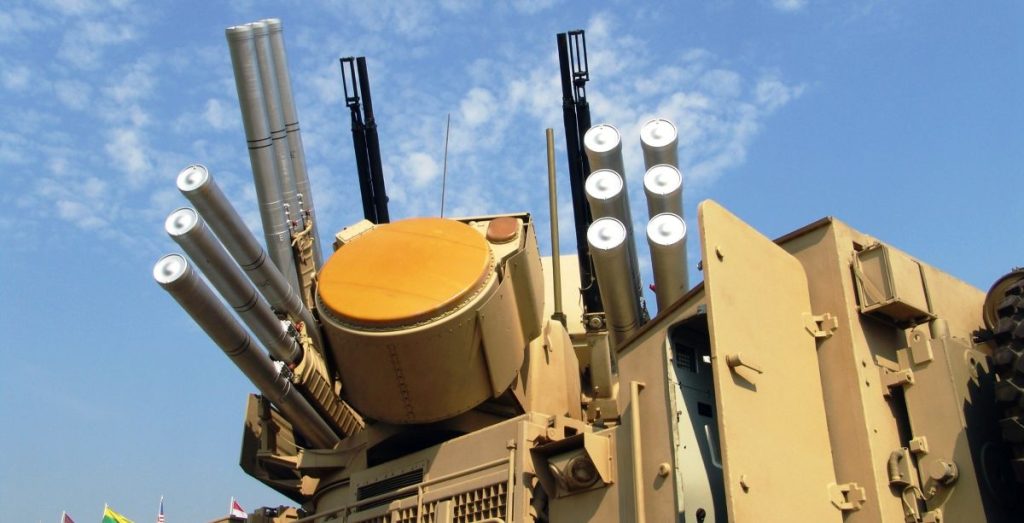
This combination of advanced weaponry and precise U.S. intelligence could significantly amplify Ukraine’s effectiveness.
U.S. officials believe it could allow Kyiv to deliver deeper, more damaging strikes and stretch Russian air defense systems to their limits.
Also read
Trump confident in Ukrainian victory
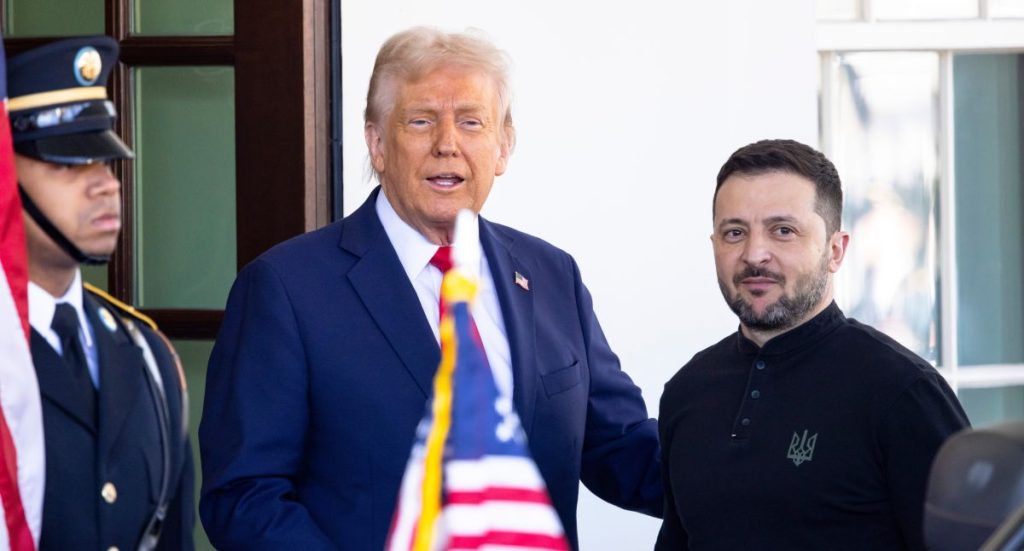
In a Truth Social post last week, Trump stated: “Ukraine, with the support of the European Union, is in a position to fight and regain all of Ukraine in its original form.”
The post, published after a meeting with President Zelensky, marks a striking rhetorical shift in support of Kyiv.
Russia dismisses U.S. plans as futile
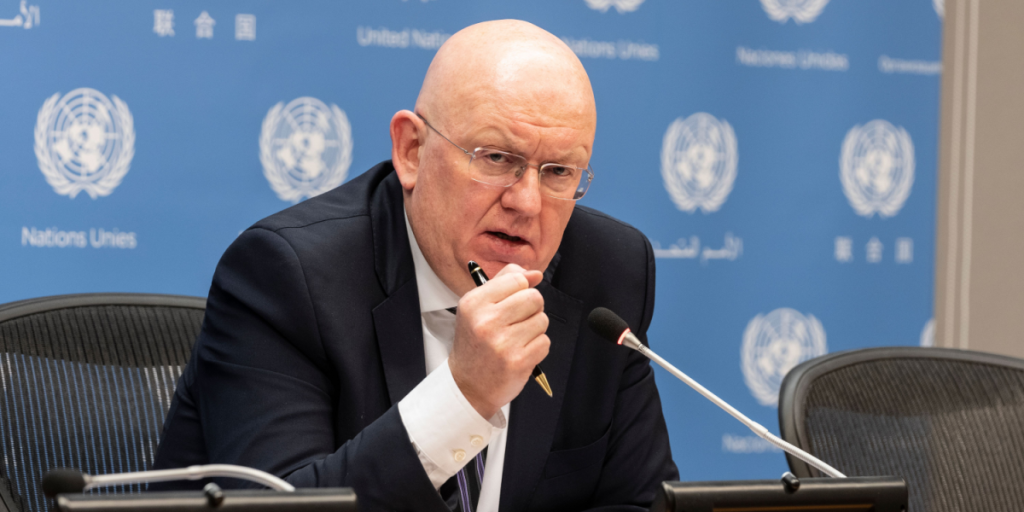
Russian officials, however, remain defiant. “President Trump is a special politician. He likes quick fixes, and this is a situation where quick fixes don’t work,” said Vasily Nebenzia, Russia’s UN Ambassador.
Foreign Minister Sergey Lavrov also downplayed the impact of U.S. missile support, saying it “will not change the situation on the battlefield.”
Global pressure mounts on Russia’s oil economy

Energy revenue remains Russia’s economic backbone.
Also read
Trump has pushed India and Turkey to halt Russian oil purchases and has proposed new tariffs to discourage imports.
Meanwhile, G7 finance ministers announced joint efforts to penalize those enabling sanctions evasion or increasing Russian oil imports—part of a widening global squeeze on the Kremlin’s war machine.

